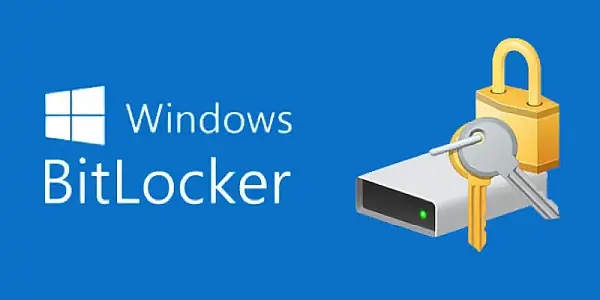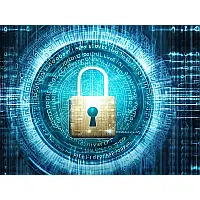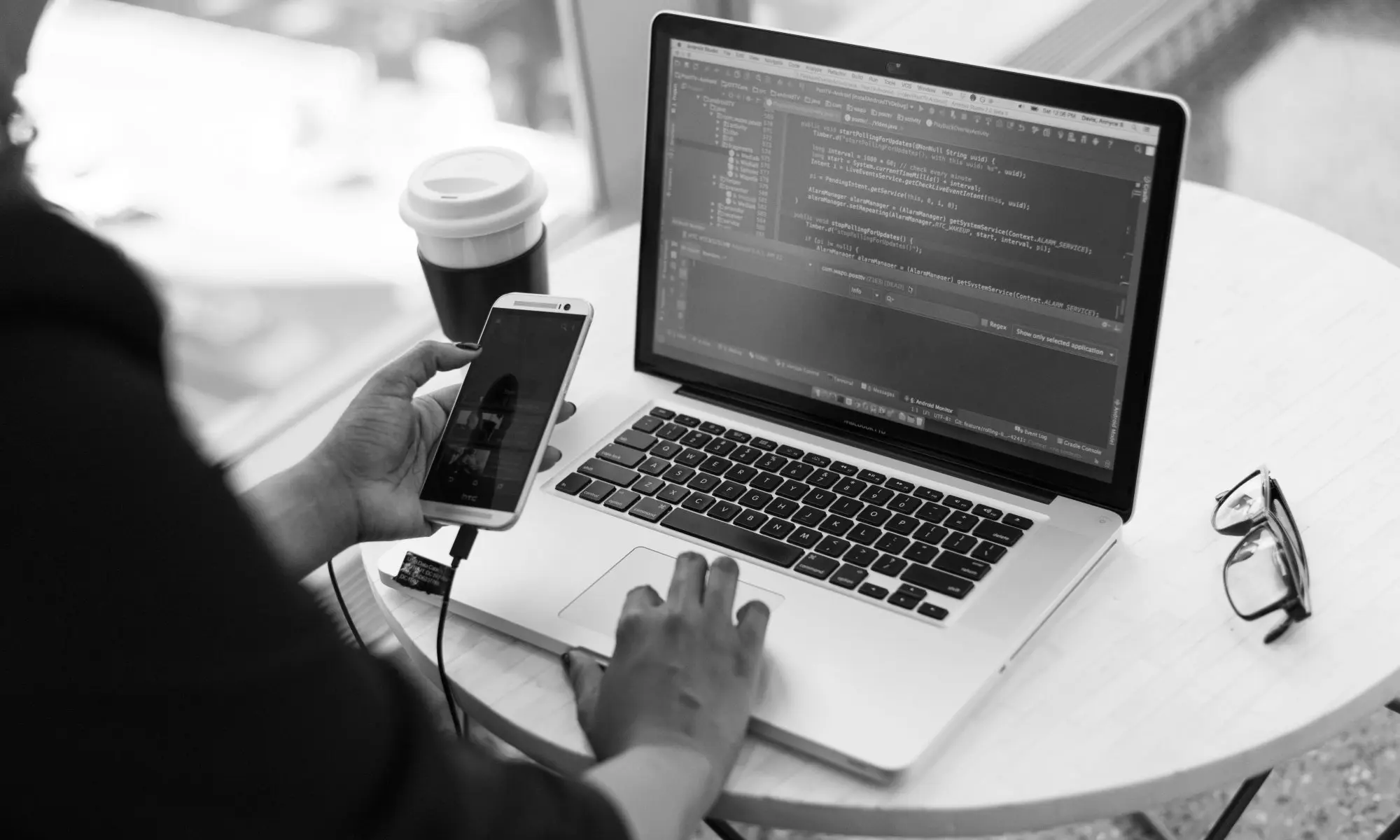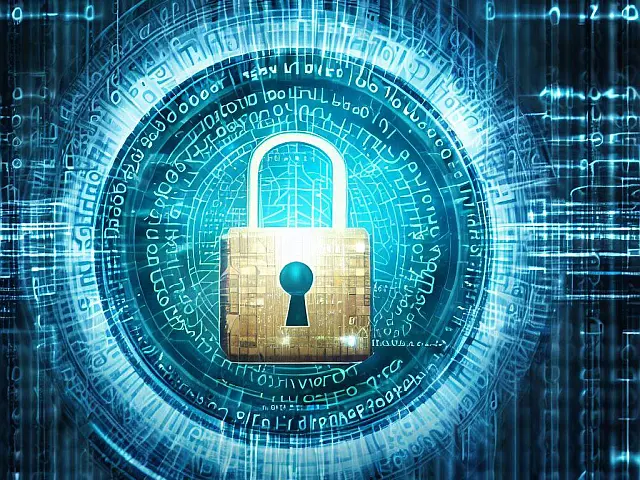A follow-on from last week’s article by Ben about Windows BitLocker encryption – BitLocker for Cyber Security.
BitLocker for full disk encryption
As Ben described, Windows BitLocker is a feature that encrypts your entire drive to protect your data from unauthorized access or theft. It is available on certain versions of Windows, such as Windows 10 and 11. To use BitLocker, you need a security key that unlocks your drive when your PC boots. This key can be a password, a USB flash drive, or a chip on your motherboard called a Trusted Platform Module (TPM).

BitLocker – a good idea but there are a few extra things you need to think about…
If you use BitLocker to encrypt your drive, you need to back up your recovery key somewhere safe. The recovery key is a long string of characters that can unlock your drive if you forget your password or if Windows detects an unauthorized attempt to access the drive. Without the recovery key, you will lose access to your data permanently.
If you lose your security key, you won’t be able to access your data or recover it from another device. That’s why it’s important to back up your security key and store it in a safe place. Here are the steps to back up your security key for Windows BitLocker:
To back up your Windows BitLocker recovery key, follow these steps:
1. Tap the Windows Start button and type BitLocker.
2. Select the Manage BitLocker Control Panel app from the list of search results.
3. In the BitLocker app, select Back up your recovery key.
4. Select where you want the key backed up. You have three options: save to your Microsoft account, save to a file, or print the recovery key.
5. Select Finish.
By backing up your security key for Windows BitLocker, you can ensure that you can access your data even if you lose or forget your original key.
We recommend saving your recovery key to your Microsoft account or to a file that you can store in a secure cloud service like OneDrive Personal Vault. These options will allow you to access your key from any device in the future. Do not store your recovery key with your computer or on a device that is not encrypted. If someone steals your computer and your recovery key, they can bypass BitLocker encryption and access your data.
BitLocker key backup – this is a secret
Now your key is backed-up and you understand its importance, you also understand that you only share the location of that backup with a trusted few. In my case only Diana.
Windows 11 on by default
BitLocker is such a good cyber security tool that it is on by default in Windows 11. Of course, there will always be exceptions, so if you think BitLocker will help your cyber security, check it is on.
Because it is on by default – it makes backing up the key critical.
Next Week
This week I am attending a cyber security conference at Edinburgh Napier University – I will bring you something from that.
Clive Catton MSc (Cyber Security) – by-line and other articles
Further Reading
Finding your BitLocker recovery key in Windows – Microsoft Support
And don’t forget your back-ups:
Image Credit DALL·E



